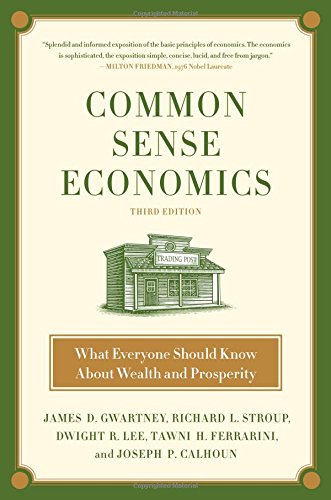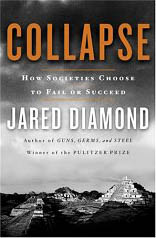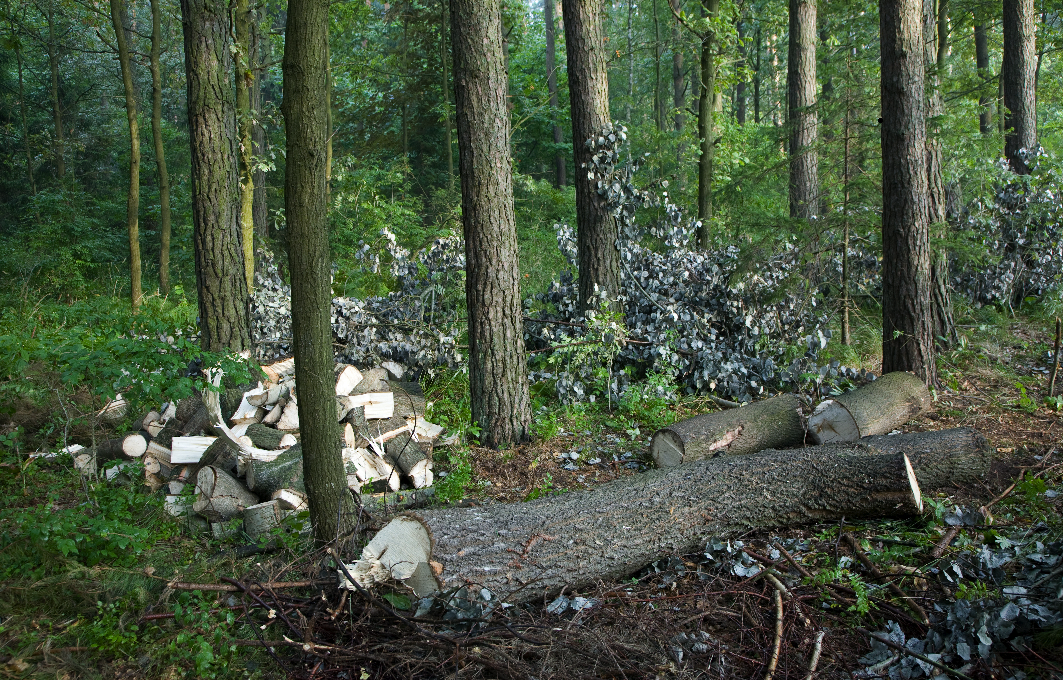In the basement of an engineering building at Northeastern University in Boston, a strange eggbeater-type machine is strapped to a gurney in the corner. It is this machine, actually a turbine, that 73-year-old Professor Alexander Gorlov believes will ‘someday help turn hydroelectric power into one of the most important and environmentally benign renewable energy sourcesContinue reading “Riding the Waves”
Author Archives: admin
Common Sense Economics
Why economic understanding is an essential ingredient for life in today’s society.
Ten Key Elements of Economics
The Insider Spring 2005 By James Gwartney, Richard L. Stroup, and Dwight R. Lee 1. INCENTIVES MATTER. All of economics rests on one simple principle: that incentives matter. Altering incentive, the costs and benefits of making specific decisions, alters people’s behavior Understanding incentives is an extremely powerful tool for understanding why people do the thingsContinue reading “Ten Key Elements of Economics”
Environmental False Alarms
The Weekly StandardApril 25, 2005 By Terry L. Anderson In his new book Collapse, Jared Diamond begins with a chapter on my home state of Montana. Although painting a romantic picture of “Big Sky Country,” he decries environmental tragedies including toxic mining waste, forest fires, soil exhaustion, water shortages, and invasive species. Diamond blames theseContinue reading “Environmental False Alarms”
Vision through a Narrow Lens
Energy & Environment Vol. 16 No. 3&4 2005 By Jane S. Shaw Pulitzer Prize-winning author Jared Diamond’s new book Collapse: How Societies Choose to Fail or Succeed argues that past societal collapses have occurred in large part because the societies failed to adapt to changing environmental conditions. He warns that modern societies and civilization tooContinue reading “Vision through a Narrow Lens”
How not to fix conservation easements
Writers on the Range March 29, 2005 By Jon Christensen and Terry Anderson One of the most useful, cost-effective methods of conserving land in America is in serious crisis. A series of scandals has revealed major abuses of conservation easements — a legal tool increasingly used to protect private land from development by compensatingContinue reading “How not to fix conservation easements”
Hybrids: Made in the USA?
The vehicles attracting the most attention these days are hybrids-cars that combine a gasoline engine that is used for highway driving and an electric motor operated by an electric battery for slower speeds as well as for sudden acceleration. Although hybrids still represent a small part of the market, Toyota’s Prius has “won someContinue reading “Hybrids: Made in the USA?”
House Of Green
Green building has come in for some hard knocks in recent years as some high-profile projects have proved to be both inefficient and costly. Yet in some areas beneath the radar, green building is creating structures that fulfill their promise. The Building Industry Association of Southwest Washington has designed a program called builtGREEN to helpContinue reading “House Of Green”
Global Warming: A Dialogue
This discussion is an edited version of comments made in December 2004 on the Free Market Environmentalism (FME) Roundtable list-serve. Jonathan Adler prodded his colleagues to forget, for just a minute, the debate over the impacts of warmer temperatures or whether humans are contributing or not. He asked the list-serve members to assume that burningContinue reading “Global Warming: A Dialogue”
Trees to the Rescue
In laboratories around the country, scientists are working to alter the genetic working of trees in order to increase their ability to store carbon, absorb toxins, and resist disease. Most recently, the city of Danbury, Conn., deployed 160 Eastern cottonwood trees to clean a 35-acre site contaminated with mercury that was once used to cureContinue reading “Trees to the Rescue”






